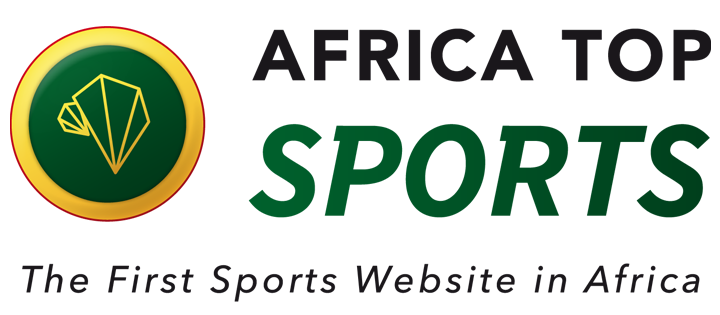Morocco’s path to the semi-finals of the 2022 World Cup is not only a sporting success but also a testament to the country’s innovative approach to soccer development. With a unique blend of home-grown talent and players from the Moroccan diaspora in Europe, the team has exceeded all expectations. Behind this phenomenon is a strategic investment by King Mohammed VI, Africa’s richest monarch, and a visionary soccer reform led by the Moroccan Soccer Federation. This article looks at the key elements that have made Morocco a force to be reckoned with in international soccer.
Morocco’s Global Talent Pool
Morocco’s excellent performance at the 2022 World Cup in Qatar is due to the fact that the country draws on players from the top European leagues. Betting on the matches of all these leagues, as well as many other suggestions for online sports betting, is available at 888 Sport. Their bonuses, live broadcasts and advantages for Arabic players can be found on Arabicbet. Fourteen of the 26 national squad members were born outside Morocco, reflecting the large diaspora in Europe, where more than 5 million Moroccans live. The composition of the squad reads like a list of prestigious European clubs, including Sevilla, PSG, West Ham, Bayern and Chelsea. The influx of talent from Europe has undeniably contributed to Morocco’s success on the world stage.
Royal Investment and Football Reforms
Fifteen years ago, King Mohammed VI, the richest monarch in Africa, expressed his dissatisfaction with the state of sport in Morocco. As a result, a modern football academy, the Mohammed VI Academy, was founded near Rabat in 2009, with the king pledging personal funds for its upkeep. However, it wasn’t until 2014, under the leadership of Faouzi Lekjaa, that significant changes began to take place. Lekjaa, a former head of the budget department of the Moroccan Ministry of Finance, introduced reforms that marked the end of the military’s influence on Moroccan football.
The Triangle of Football Development
Lekja’s approach emphasized the critical triangle of ‘departments and schools – talent search and development – qualified personnel.’ This philosophy was implemented with the renovation of the Mohammed VI Academy in 2019, transforming it into a $65 million state-of-the-art national football center. The academy will serve as Morocco’s Clairefontaine, nurturing the most promising under-18 talent. Regional branches are planned nationwide to ensure comprehensive coverage and talent scouting from amateur to elite level.
Financial Support and Sustainable Growth
The Royal Moroccan Football Federation has an annual budget of over 80 million dollars, over 85% of which comes from the state or state-owned companies. The association works actively with the clubs and sets strict standards for reporting and licensing. In return, the clubs receive financial support, with successful performances rewarded with additional bonuses. Morocco’s commitment to the expansion of football is reflected in over 40 partnership agreements with African countries, demonstrating the country’s ambition to play a leading role in African football.
Challenges and Future Prospects
Despite the remarkable progress, there are still challenges in Moroccan football. Some clubs are in debt and the federation has promised to tackle the financial problems. But Morocco’s ambitious vision for football goes beyond national success. The country is strategically positioning itself as a major player on the African continent by forging partnerships and investing in strengthening football infrastructure across the region.
Conclusion
Morocco’s progression to the semi-finals of the World Cup is evidence of a well-thought-out strategy that combines talent from the diaspora, royal investment and football reform. The country’s commitment to developing a robust football ecosystem, from grassroots to elite, has made Morocco a rising star in world football. With a clear vision, financial support and a focus on sustainable growth, Morocco is not just a competitor but is actively shaping the future of African football.


